Veto Bargaining: Presidents and the Politics of Negative Power
The late-twentieth century has given rise to the most concentrated period of divided party government in American history. With one party controlling the presidency and the opposing party controlling Congress, the veto has inevitably become a critical tool of presidential power. Combining sophisticated game theory with unprecedented data, this book analyzes how divided party presidents use threats and vetoes to wrest policy concessions from a hostile Congress. Case studies of the most important vetoes in recent history add texture to the analysis, detailing how President Clinton altered the course of Newt Gingrich's Republican Revolution. Offering the first book-length analysis to bring rational choice theory to bear on the presidency, Veto Bargaining offers a major contribution to our understanding of American politics in an age of divided party government.
{{comment.content}}
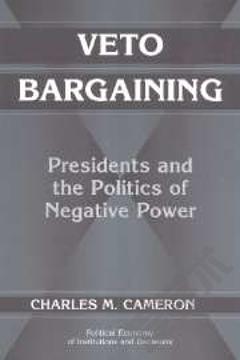
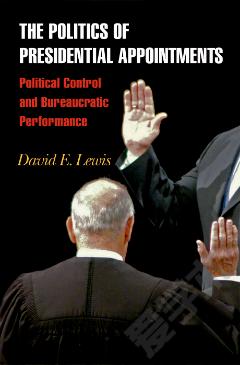
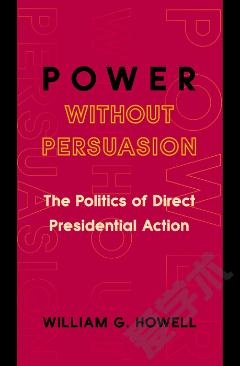
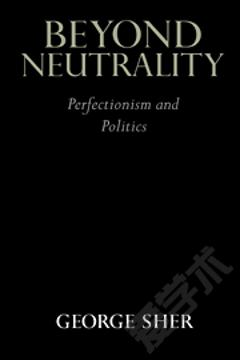
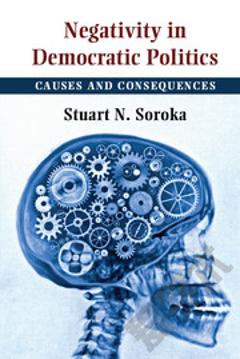

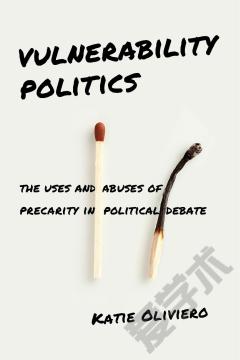

 京公网安备 11010802027623号
京公网安备 11010802027623号